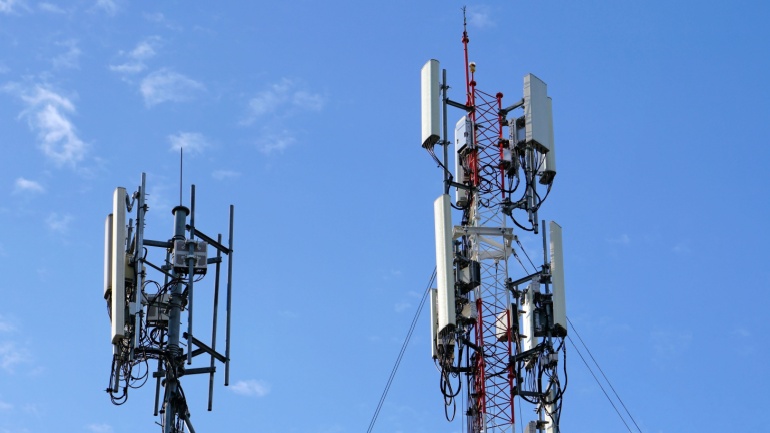Three’s 5G network now reaches 62% of the UK’s population, expanding to 656 locations and 4,900 sites nationwide. This growth in Three’s 5G coverage is part of a strategic push to enhance 4G services and significantly expand 5G capabilities, aiming to elevate the UK’s digital infrastructure.
Freshwave, in collaboration with CommScope, has unveiled a revolutionary small cell solution that merges 4G from all four UK mobile network operators into one system. Using CommScope’s ONECELL technology, the Omni Network by Freshwave ensures indoor LTE and 5G connectivity.
Netomnia has merged with Brsk, forming the UK’s second-largest alternative network provider after CityFibre. This merger creates a network footprint of 1.5 million premises ready for service (RFS), aiming to reach 3 million by next year. Supported by £1.2 billion in debt funding, the merger combines complementary networks to enhance market position and service delivery, emphasizing expansion and innovation.
A recent market study by INCA (Independent Networks Cooperative Association) and Point Topic reveals that alternative network builders in the UK have collectively expanded fibre infrastructure to more premises than BT’s Openreach unit. By the end of 2023, UK altnets had reached 12.9 million premises with fibre, exceeding Openreach’s coverage of 12.8 million.
Telecommunications operators are increasingly turning to satellite technology to expand 5G coverage, particularly in rural regions, as indicated by new data from the Global mobile Suppliers Association (GSA). However, despite a rising number of partnerships and commercial launches, the market’s growth is slower than anticipated.
The Australian investment bank, Macquarie, is reportedly considering an exit from KCom amidst escalating competition within the UK alternative network (altnet) sector. A recent report in The Telegraph suggests that Macquarie has engaged advisors from PJT Partners to conduct a strategic review of KCom, indicating potential changes on the horizon.
Vodafone has achieved a significant milestone in the UK’s Shared Rural Network (SRN) initiative, announcing the activation of its 200th site. This accomplishment marks a notable improvement from the 57 sites operational a year ago, underlining the urgency faced by the country’s major mobile network operators (MNOs) to meet rural coverage obligations.
Bridging the digital divide in vast and harsh terrains like the Scottish Highlands, VMO2 embarks on a novel approach, utilizing a constellation of Low Earth Orbit satellites from Starlink for critical backhaul services. Bypassing conventional, costly terrestrial infrastructure, VMO2’s tests have proven the potency of satellite technology in improving coverage across the UK.
Rumors of a impending merger swirl around two of UK’s pivotal alternative network providers. Such union could massively boost FTTP coverage across the UK. Amid speculations of rapid network consolidation and shared investment, this collaboration signifies a vital shift in UK’s fibre market. However, the union also begets challenges in terms of subscriber transition and meeting regulatory deadlines.
In a bold move to accelerate the United Kingdom’s digital infrastructure, nexfibre, a UK-based wholesale fibre network provider, has committed to investing £1 billion during the 2024 financial year. This investment aims to significantly expand the country’s broadband capacity, focusing on areas currently underserved by existing networks.













